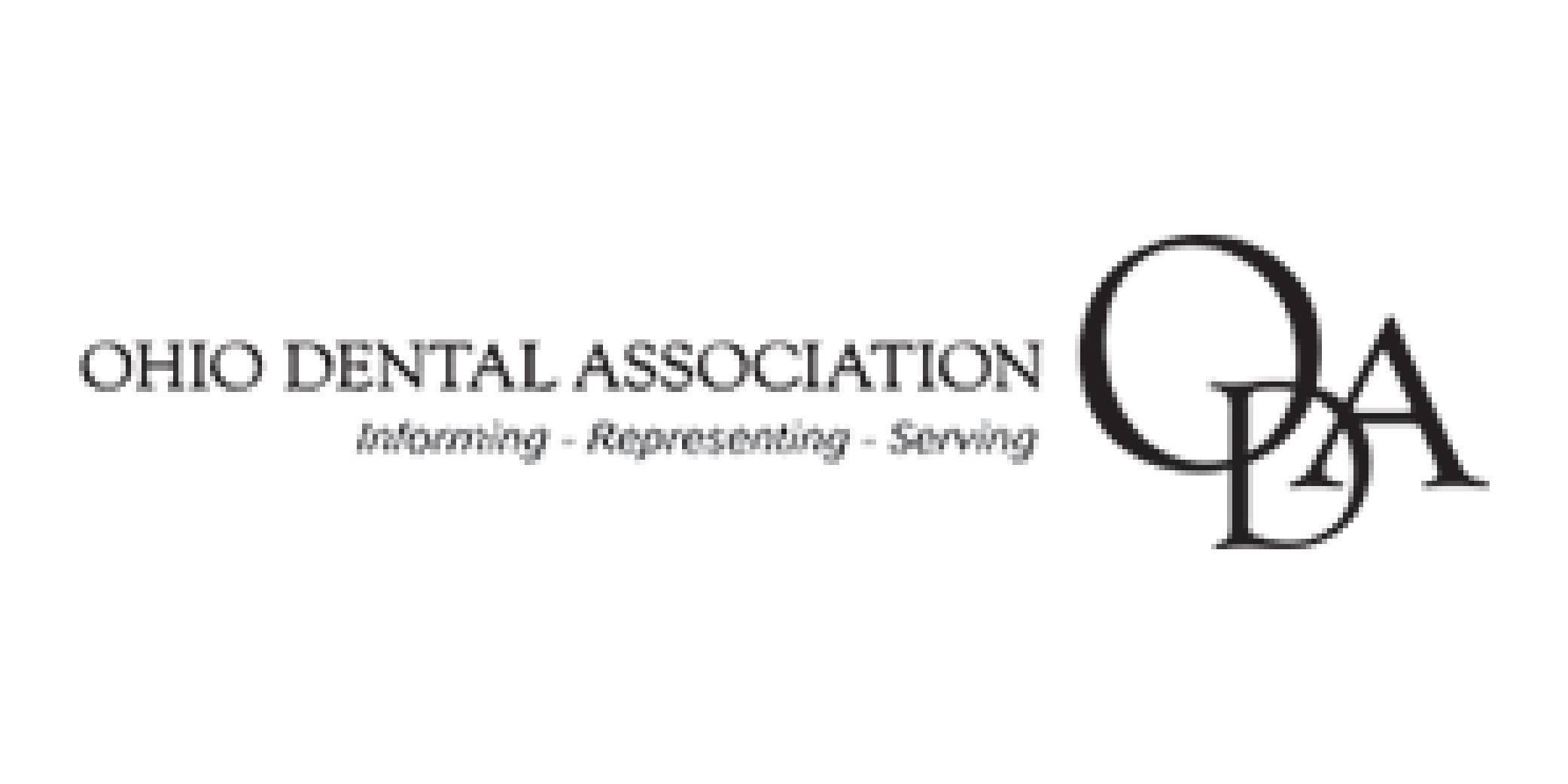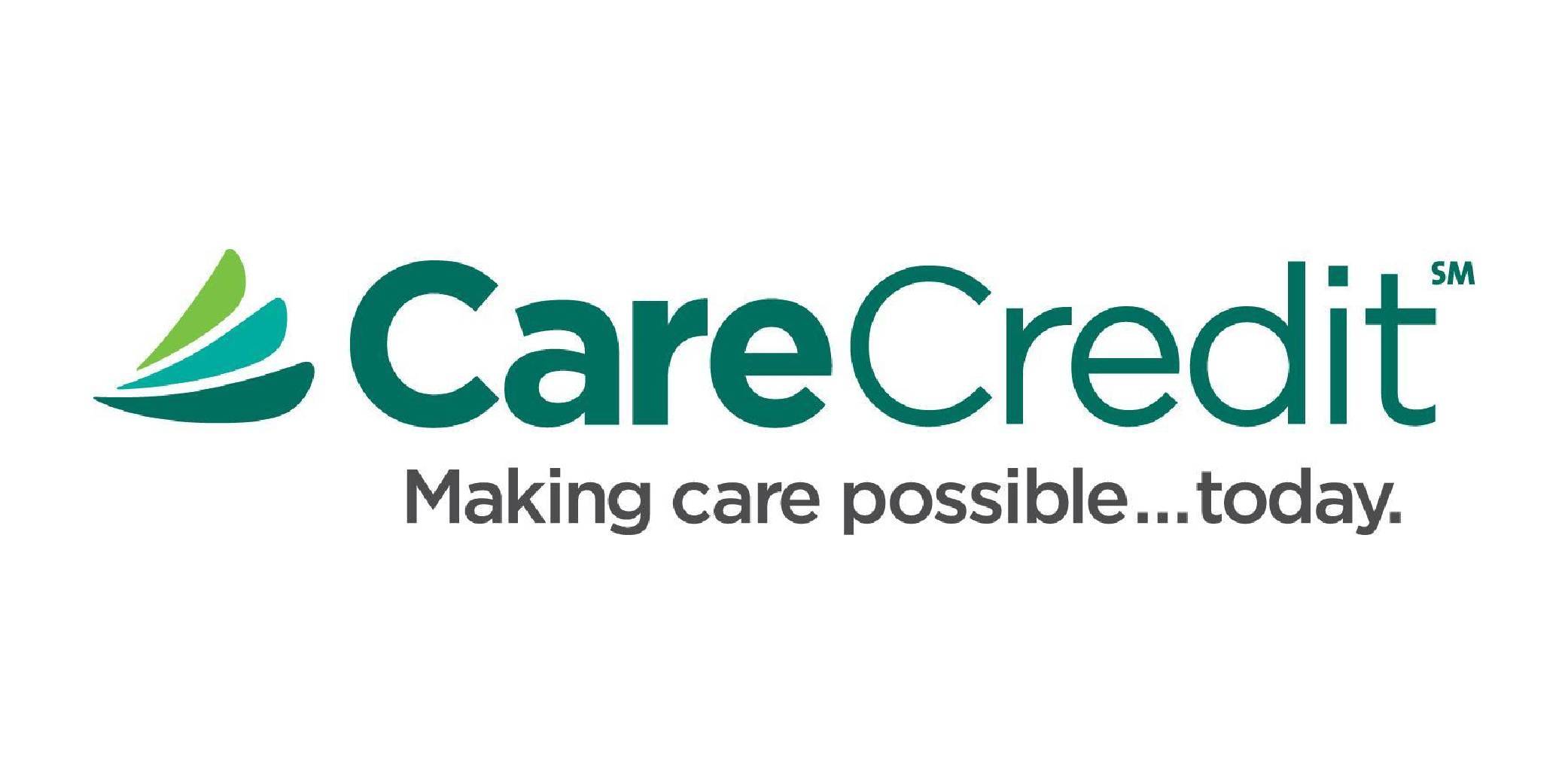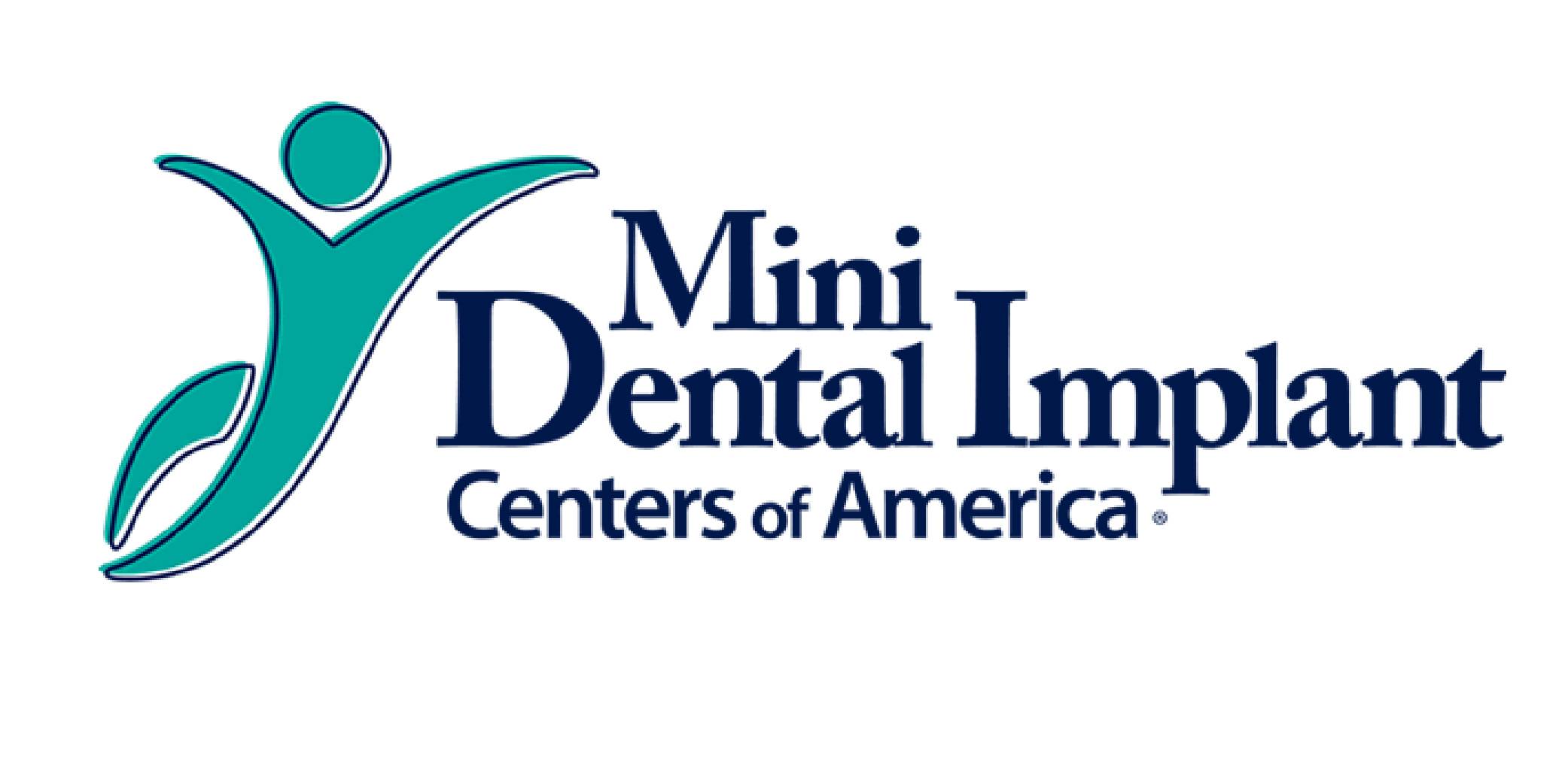Your Child Has Loose Baby Teeth: What Should You Do?

by Jenny Green
When your child’s baby teeth begin to loosen, it can be an uncertain time for them. Some children hate the idea of loose baby teeth and ask their parents to pull them out, while others may be frightened of losing them. Others may be excited to anticipate a visit from the tooth fairy. So, what should you do when your child’s teeth begin to wiggle?
When Do Children Lose Their Baby Teeth?
The process of permanent teeth replacing baby teeth occurs over several years. According to the Canadian Dental Association (CDA), children begin to lose their baby teeth at about 6 years old. The first adult teeth that arrive are the molars, which erupt from the gums at the back of the mouth without replacing any baby teeth. At the same time, the roots of the baby teeth at the front of the mouth begin to weaken as the permanent teeth grow within the gum. Eventually, the tooth roots become so weak that the baby teeth fall out, leaving room for the new adult teeth to come in.
As the Mayo Clinic explains, the first baby teeth to fall out are usually the two central bottom teeth at the front of the mouth, followed by the two central top teeth. Though most children lose their first baby teeth at age 6, some don’t begin to lose their teeth until age 7.
What to Do When Your Child Has Loose Baby Teeth
The process of losing baby teeth is completely natural, so once you notice your child’s baby teeth are loose and wiggly, let it happen. If the teeth are at the front of the mouth and your child is around the age of 6 or 7, there’s probably nothing to worry about.
The CDA states that it’s fine to let your child wiggle a loose tooth. When the tooth is ready to go, it should fall out easily and with little bleeding. If your child is desperate to lose the tooth and it just won’t come out, the American Dental Association advises parents to fold a piece of clean tissue over the tooth and gently squeeze. The tooth should pop out right away.
However, if the tooth doesn’t come out with a gentle squeeze, don’t reach for string and stay away from doorknobs. According to the Mayo Clinic, losing a baby tooth too early can affect the position of the permanent teeth. When a baby tooth is lost prematurely, a permanent tooth that’s already erupted can shift into the empty space and become crooked.
Oral Care After a Baby Tooth Falls Out
If your child’s baby tooth comes out cleanly, you can usually just wrap it up in a tissue and put it in a safe place for the tooth fairy. However, if your child has excessive bleeding or a blood condition, the Louisiana State University School of Dentistry recommends moistening a tea bag or a piece of gauze and asking your child to bite down on it. Tell your child not to pick at the affected area of gum and avoid the spot when brushing for the next two days. In addition, give them soft foods to eat, or mash up their food with a fork.
If the bleeding continues for more than two hours, contact your dentist.
Tips on Easing Your Child’s Fears
As a parent, you may be excited that your child has arrived at the milestone of losing their first tooth, but for the child, it can sometimes be a scary experience. If your child is upset about a wiggly tooth or a gap where a tooth fell out, offer reassurance that nothing is wrong and that everyone loses their baby teeth. Remind your child that the tooth fairy loves baby teeth and gives out rewards for them. Additionally, if a tooth looks like it’s about to come out, consider giving your child a small box and a tissue or a similar “tooth kit” to take to school to avoid losing the precious item.
Losing baby teeth doesn’t have to be scary. By following these tips, you can maintain smiles all around!
This article is intended to promote understanding of and knowledge about general oral health topics. It is not intended to be a substitute for professional advice, diagnosis or treatment. Always seek the advice of your dentist or other qualified healthcare provider with any questions you may have regarding a medical condition or treatment.









